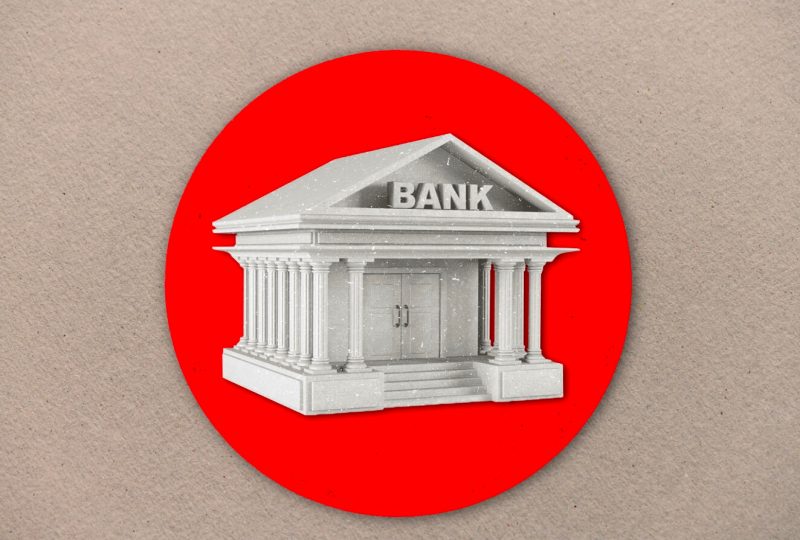How the Bank of Japan Shocked Global Markets with its Surprise Policy Change
Dec 21, 2022

Have we reached the tipping point?
The Bank of Japan surprised markets on Tuesday with a decision to loosen its cap on 10-year government bond yields, a move that has sent shockwaves across the global market. This development is seen as possibly signaling a shift towards tighter monetary policy from the last major central bank still holding an ultra-loose stance.
While financial analysts speculated about the implications of the move, the market reaction revealed investors were concerned the Japanese central bank may put an end to serving as the last major pillar supporting the low-interest rates policy.
Deutsche Bank analyst Jim Reid noted that the recent market action is seen among investors as an indication of a larger shift.
During a meeting held as part of its regular policy planning, the Bank of Japan said the 10-year Japanese government bond yield might increase to 0.5% from the current 0.25%. Previously, the central bank kept its benchmark government bond yield within a target range of zero percent since 2016 as part of an effort to hold interest rates in the market at a low level.
According to the Bank of Japan, the move was motivated by concerns over the stability of the government bond market rather than inflation.
Market Reaction
The Japanese yen surged on the currency markets, gaining more than 3% against the US dollar. Meanwhile, yields on 10-year Japanese government bonds rose 16 basis points to 0.413%, reaching the highest level in seven years. The sharp rise in global bond yields also caused a spike in US Treasury yields. These events weighed down the dollar, with the ICE US Dollar Index falling by 0.7%.
Earlier this year, the widening interest rate differential between the Japanese and other developed markets triggered a steep sell-off of the yen, causing the currency to hit a decade-low against the greenback.
Asian equity markets saw a broad sell-off on Tuesday, with Japan's Nikkei plunging more than 2%, as the rise in bond yields weighed heavily on regional stocks. Elsewhere, European and US markets had a more muted reaction, with the Dow Jones Industrial Average, S&P 500, and Nasdaq Composite reversing earlier losses to end the day slightly higher, marking an end to four days of losses.
Rumors of Policy Change
An underlying shift in policy has been rumored for some time.
The US Treasury market reacted on Monday to a report from Kyodo News last week claiming that Japanese Prime Minister Fumio Kishida may be considering changing the country's 2% inflation target. The report suggested that after appointing a new central bank governor, likely in April, Kishida could discuss details of revising the decade-long agreement with the Bank of Japan. Markets are now eagerly awaiting the outcome of these potential changes.
Japan's central bank has spent a great deal of money to keep the 10-year yield cap in place. This was due to central banks around the world increasing their policy tightening, and global bond yields have been on the rise the whole year, said Robin Brooks, the Institute of International Finance's strategist. The analyst warned that the Bank of Japan might face even greater pressure if the markets "smell blood."
Adam Cole, RBC Capital Markets's analyst, suggested that despite speculation of the move in 2023 when current Bank of Japan governor Haruhiko Kuroda's term ends, nothing is likely to occur in the coming months. This view is widely held among many experts and investors.
Aside from forward guidance and the policy balance rate, other policy aspects stayed the same, with the statement emphasizing the importance of widening the target band as a way to improve market performance, as opposed to referring to it as a policy tightening, the strategist noted.
The market has reacted sharply to the Bank of Japan's decision in the face of illiquid conditions. According to analysts, the Japanese Yen may continue to strengthen. While investors had cut their positions recently, they were still net long USD/JPY prior to the Bank of Japan's decision, and the covering of these JPY shorts could push the currency to new highs.




